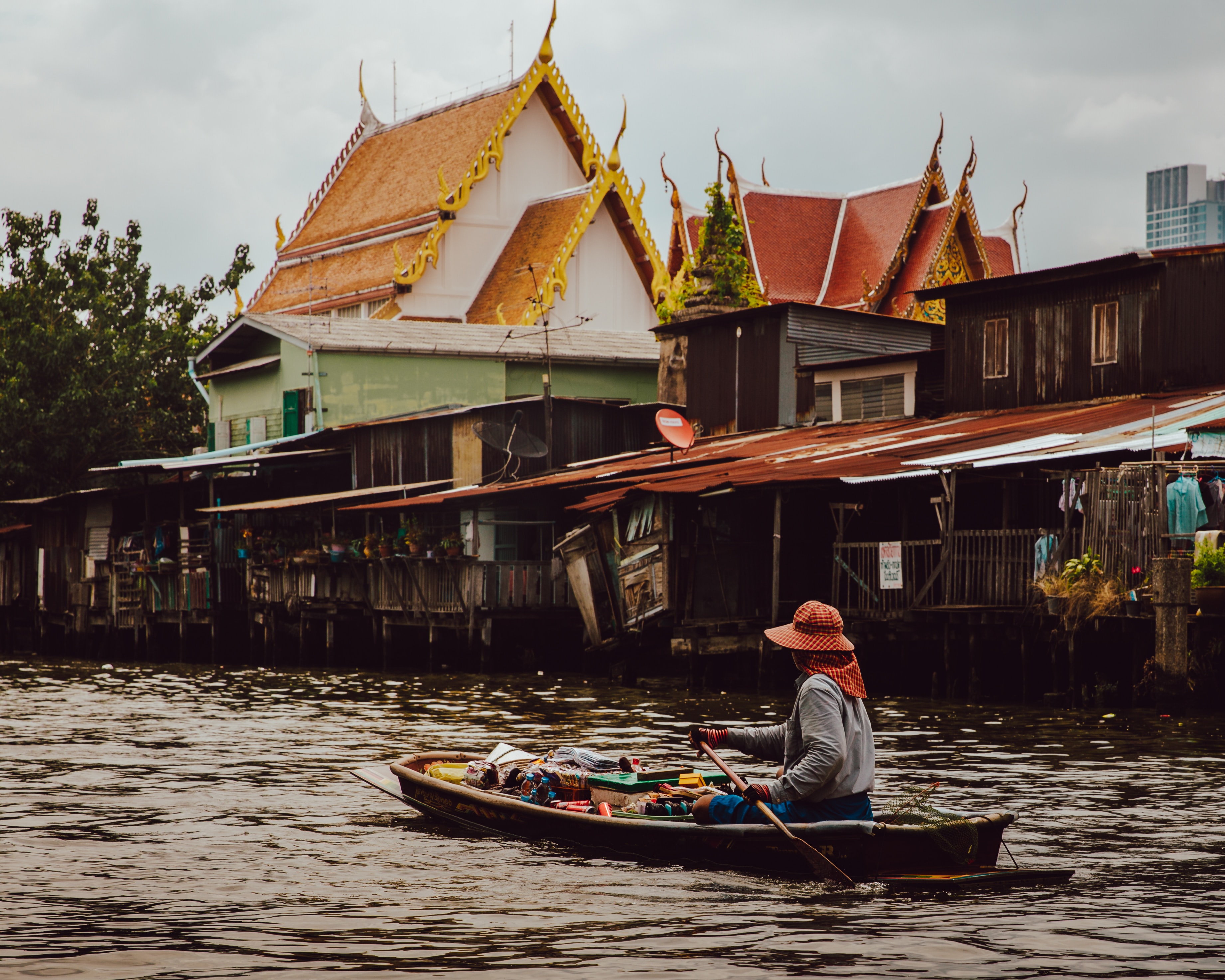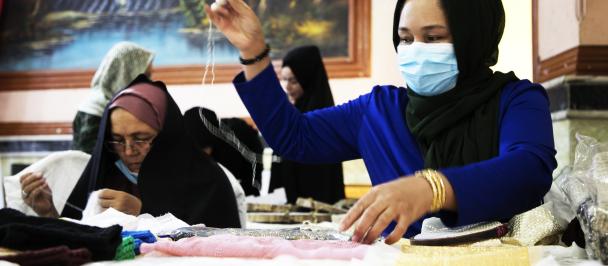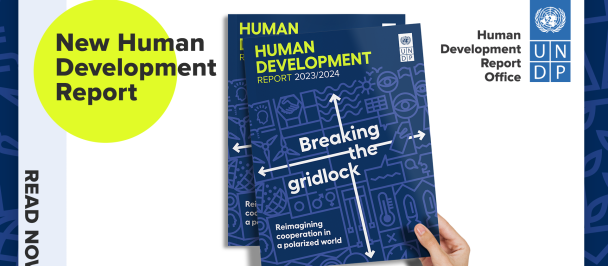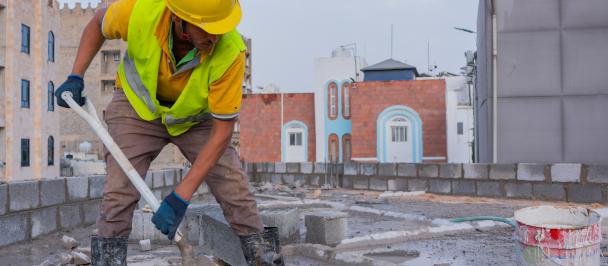Thailand is among 25 Countries that Halved Multidimensional Poverty Within 15 Years
July 11, 2023

12 July 2023, Bangkok–The latest update of the global Multidimensional Poverty Index (MPI) with estimates for 110 countries was released today by the United Nations Development Programme (UNDP) and the Oxford Poverty and Human Development Initiative (OPHI). The report demonstrates that reducing multidimensional poverty, a major obstacle to achieving the Sustainable Development Goals (SDGs), is achievable but requires concerted efforts at all levels.
The MPI is a measure that looks beyond income to include 10 indicators that capture how people experience poverty in different aspects of their daily lives – from access to education and health, to living standards such as housing, drinking water, sanitation, and electricity. A lower MPI score implies a higher ranking in multidimensional poverty reduction.
According to the 2023 report, 650 million out of 6.1 billion people across 110 countries live under monetary poverty defined by $2.15 per day, while 1.1 billion people fall under multidimensional poverty, more than 80% of which live in Sub-Saharan Africa (534 million) and South Asia (389 million). This highlights the importance of looking at poverty beyond income.
Rural areas are poorer than urban areas across all regions of the world, including Asia-Pacific. Globally, 84% of all multidimensional poor people living in rural areas. Children under 18 years old account for half of MPI-poor people (566 million). The poverty rate among children is 27.7%, while among adults it is 13.4%.
Breaking the global MPI down by indicators reveals that overlapping deprivations are widespread. Of the 1.1 billion multidimensional poor people, 824-991 million people lack adequate sanitation, housing, and cooking fuel. More than half of poor people are deprived in nutrition, electricity, or years of schooling.
The latest report reveals that Thailand has made the most progress in ASEAN on eradicating poverty. Its MPI score came in at 0.002, the lowest among the ASEAN countries that are included in the study, such as Myanmar (0.176), Lao People’s Democratic Republic (0.108), Cambodia (0.070), Philippines (0.024), Indonesia (0.014), and Vietnam (0.008).
The country successfully halved the number of people in multidimensional poverty within 7 years from 961,000 people in 2012 to 412,000 people in 2019—making it one of the 25 countries that halved their global MPI values within 15 years. This is attributed to lower child mortality and better access to basic infrastructures such as sanitation, drinking water, electricity, and housing.
Thailand’s incidence of multidimensional poverty is 0.5 percentage points higher than the incidence of monetary poverty, implying that individuals, despite living above the monetary poverty line, may still suffer deprivations in health, education and/or standard of living. Access to education, especially years of schooling, as well as access to nutrition and cooking fuel remain major sources of deprivation.
The MPI report highlights that to end poverty in all its forms, the interlinked deprivations that poor people experience need to be addressed to reduce the intensity of poverty and thereby empower poor people to exit poverty. Overcoming multidimensional poverty and hence accelerating the progress towards the SDGs require mixtures of approaches at both national and subnational levels to address differences in intensity and composition of poverty in urban and rural areas.
Most importantly, a ‘whole-of-government’ and a ‘whole-of-society’’ approach is needed to transform how public institutions, private sector organizations, and individual citizens collaborate to address multidimensional poverty and advance sustainable development.
"As the ‘SDGs integrator’ within the UN system, UNDP offers technical and financial assistance to tackle complex development challenges at both national and subnational levels, to strengthen local integrated governance, ensuring no one is left behind while safeguarding the progress achieved towards the SDGs" says Mr. Renaud Meyer, Resident Representative of UNDP in Thailand.“By coming together, representatives from national and subnational authorities, civil society and business sector strengthen Thailand's ability to accelerate progress towards the SDGs through bottom-up dialogues and improving local development policies and practices.”
To learn more about the 2023 Multidimensional Poverty Index, visit: Home | Human Development Reports (undp.org) and OPHI | Oxford Poverty and Human Development Initiative
Read press release in Thai here.
###
Media Contacts:
Dadanee Vuthipadadorn/Chief Economist/ dadanee.vuthipadadorn@undp.org
Anuk Serechetapongse/Development Economist/ anuk.serechetapongse@undp.org
Sukuma Uttarak/Communications and Outreach Analyst/ sukuma.uttarak@undp.org

 Locations
Locations


